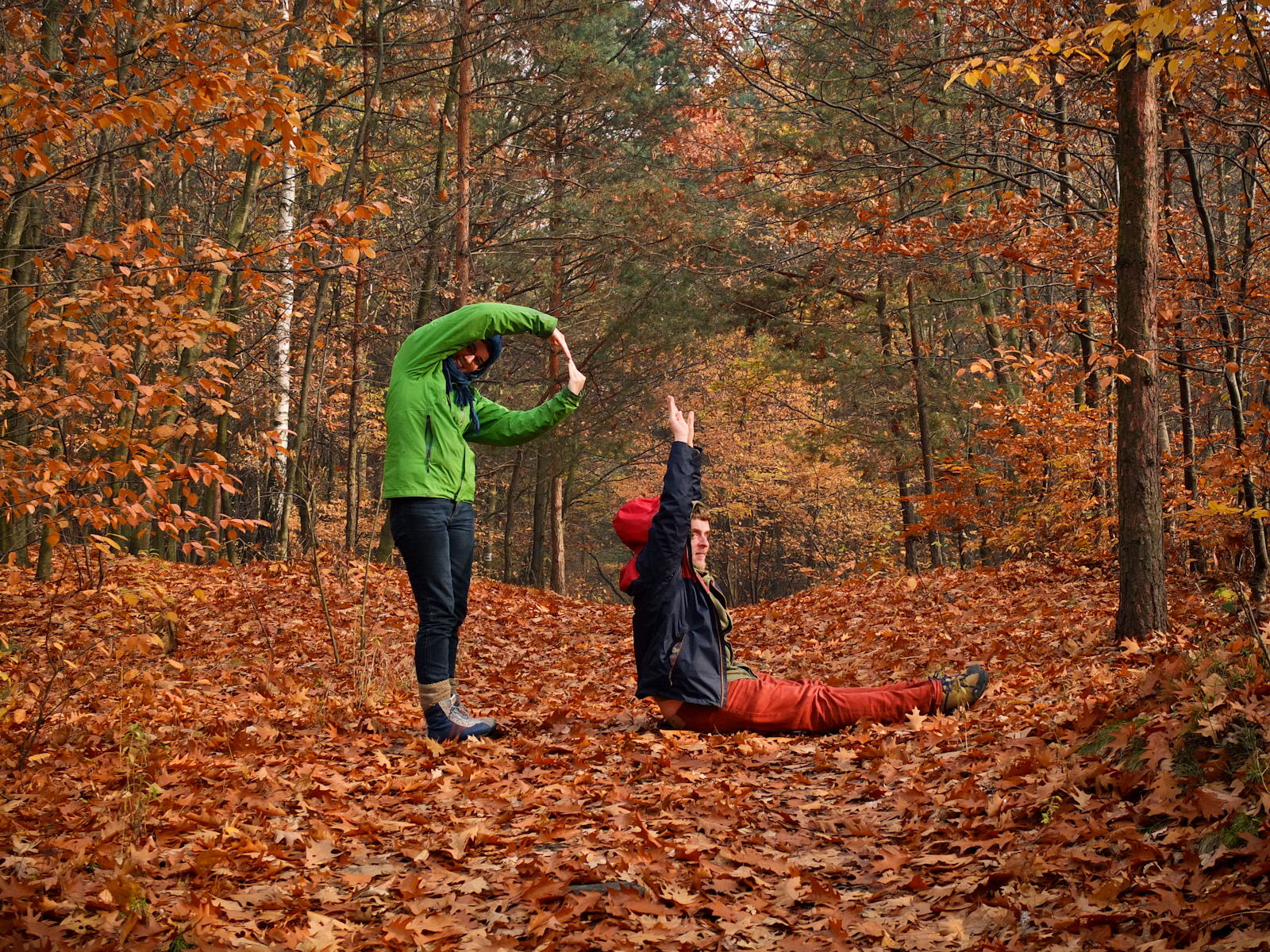
Summing up Indonesia – part 1
Keeping a blog while travelling is extremely hard. Even harder if your travel is as fast and full of experiences as ours was in Indonesia (we’ve spend the whole April and May there). We found ourselves still posting articles from Timor-Leste when we were already in Singapore.
While articles about particular happenings and organisations are in making (and some of them will be for months), we’ve decided to write a kind of ‘been there done that’ article for the sake of showing you what kind of stuff we’ve been engaging with (and rockin’ it!), as well as documenting dropthetension’s activities.
Hopefully this will show you where we are now with our project, how amazing it’s going and what a learning experience it is for us (to be utilized in the future!) Let’s begin!
West Timor
Arriving to Indonesia in the end of March we stopped for a few days in Kupang, the capital city of NTT Province (Nusa Tenggara Timur or ‘East Southeastern Land’). There we met Connie, a local civil rights activist who has later been supporting us throughout our journey.
East Flores. Off the tourist trail
Arriving to Larantuka at the eastern tip of Flores Island we jumped straight into the bustling Easter Celebrations (large parts of Eastern Indonesia are Christian). While it was amazing to see medieval Portuguese traditions preserved in this tropical land, bringing some European paganism into these islands of spirits and magic, it was secondary to meeting Ritha and Nick. Ritha is our amazing Courchsurfing host (how great to experience this site still in its best, bringing wonderful memories and the sharing charging up your spirit – an event so rare in our materialistic world!) and a president of local branch of the MITRA organisation initiated by Nick (more on MITRA here).
After Larantuka we had a beautiful day in Maumere after which we went to rest a few days in the cold mountainous climate of Kelimutu where the famous (and overrated) three-coloured lakes are. This was the first spot where we encountered the negative influence of tourism – village children were begging for sweets and pens or just openly demanding money (they weren’t particularly poor, it’s just tourism that teaches them this dependence); foreigners entry fees to the national park were 10 or 20 times higher than for Indonesians, and the income obviously not invested in the maintenance of the place. I hope that at least some official’s children are getting educated and it doesn’t all go for luxurious cars and villas…
The biggest difference though was that while the people of Flores were mostly very welcoming and genuinely interested in learning from the visitors about the world, in touristy places the whole cultural exchange usually gets reduced to the exchange of banknotes.
In the nearby Ende we had a pleasure to represent MITRA giving presentations at the University of Flores, as well as to help motivate local children to learn English at one of the secondary schools.
West Flores. Culture preserved in the mountains
In Bajawa we were lucky to see traditional ways of life and modern problems while interviewing a local farmers group. After hours we went to the (quite impressive!) Bena village where nothing has changed for generations and generations (so tourists would come; still a great place to visit though!) followed by a night in a modern settlement where, judging by architecture, animistic tradition still thrives.
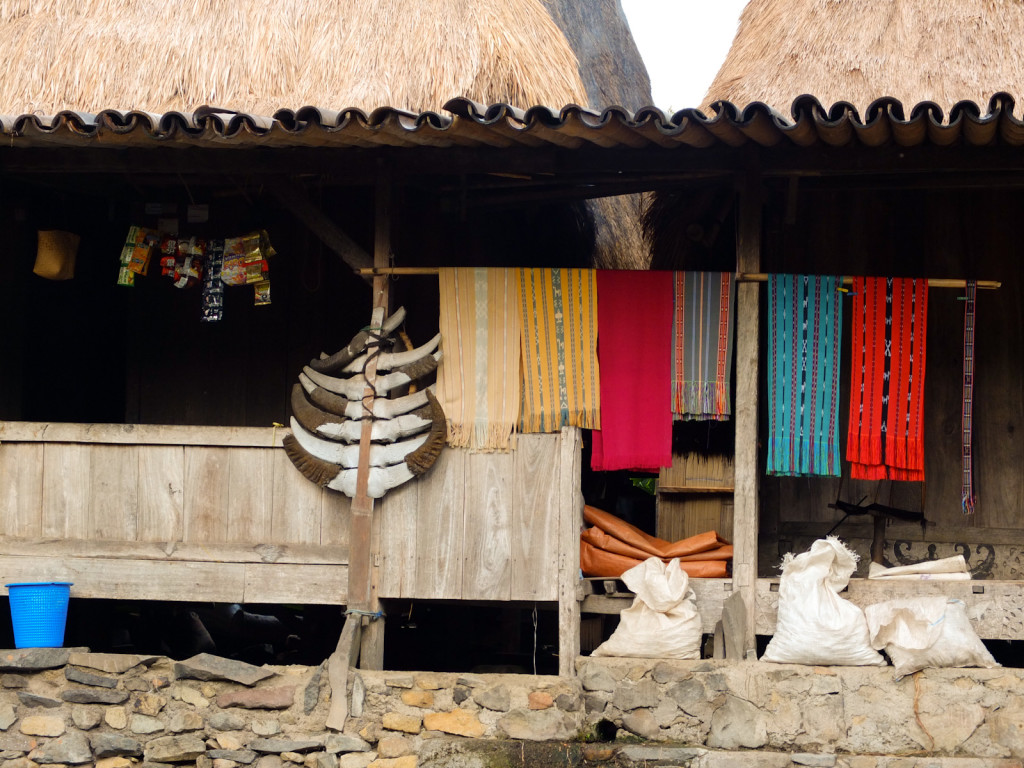
Although lots of tourists visit Bena (we were the only ones at that time), local people are friendly and don’t try to sell you everything (unlike in other touristy places). In exchange for the tourism, they preserve their traditional ways of life.
Travelling in Flores is full of challenges. The roads are narrow and winding like crazy (see below) and the busses slow, tight, uncomfortable, braking often and are filled with people, animals and cigarette smoke. Additionally, a bus ticket to the neighbouring region usually costs the equivalent of about 8 Australian dollars, while a high-school teacher earns 50 per month. Because of the isolation, every region (there’s 5 major regions on the island of Flores itself) has a distinctly different culture and language (even people’s accents in Indonesian – being their 2nd or 3rd language – differ a lot). I don’t even mention facial features. Crossing the ancient border between bordering Bajawa and Manggarai is like entering Germany from France or Iran from Turkey. People can’t even marry easily between the two nations because one is patrilineal and the other matrilineal, making it extremely difficult to agree on details from dowry to children’s future.
Our next stop was also the highlight of all our trip so far. We stayed in an amazing village in northern Manggarai where there’s no electricity, money or mobile signal, but a lot of happiness, community and love! This place keeps occupying our mind (together with Palm Island in Queensland), but being so important and complex, it’s really hard to put it into words… Perhaps when we’re already in Europe we’ll try to describe it to you, now you’ll need to do with this few pictures.
A few days later and a month into our travel in Indonesia, we arrived to Labuan Bajo (the ‘base’ town for Komodo National Park) where we met up with Wendy’s sister, Beth, to share the adventures between the 3 of us for the next two weeks. In the local immigration office we discovered what Indonesian bureaucracy is, on Rinca island we hung out with some Komodo Dragons, but the real wonders waited us underwater, opening for our eyes a brand new world. Just imagine snorkelling with 3 other people in a 3m deep water 500m from the nearest land, travelling fast with a current flowing between Pacific and the Indian Ocean, and being surrounded by 30 Manta Rays larger than yourself.
Sumbawa. The last bastion of unspoiled beauty
On arrival to the next island, Sumbawa, we’ve spent a day in the poor fishing town of Sape to head west and discover that this part of Indonesia is already a part of the global world. Air-conditioned buses were carrying people for a short, 4-day travel to Jakarta from where they could set off to work as maids and construction workers in Philippines, Dubai or Germany. In Flores, that’s absolutely out of the question, people are lucky if they can afford an exhausting, all-day travel to the next town; the ones who’ve built the ugly, grey bare brick houses, earned for them illegally working their butts off at Malaysian construction sites.
In western Sumbawa the amazing Sumbawa Adventurous group (you can find them through their facebook group) hosted us and helped us discover some of the serene beauty of the place and make us wonder why nobody goes there, instead choosing the overcrowded Bali and Lombok.
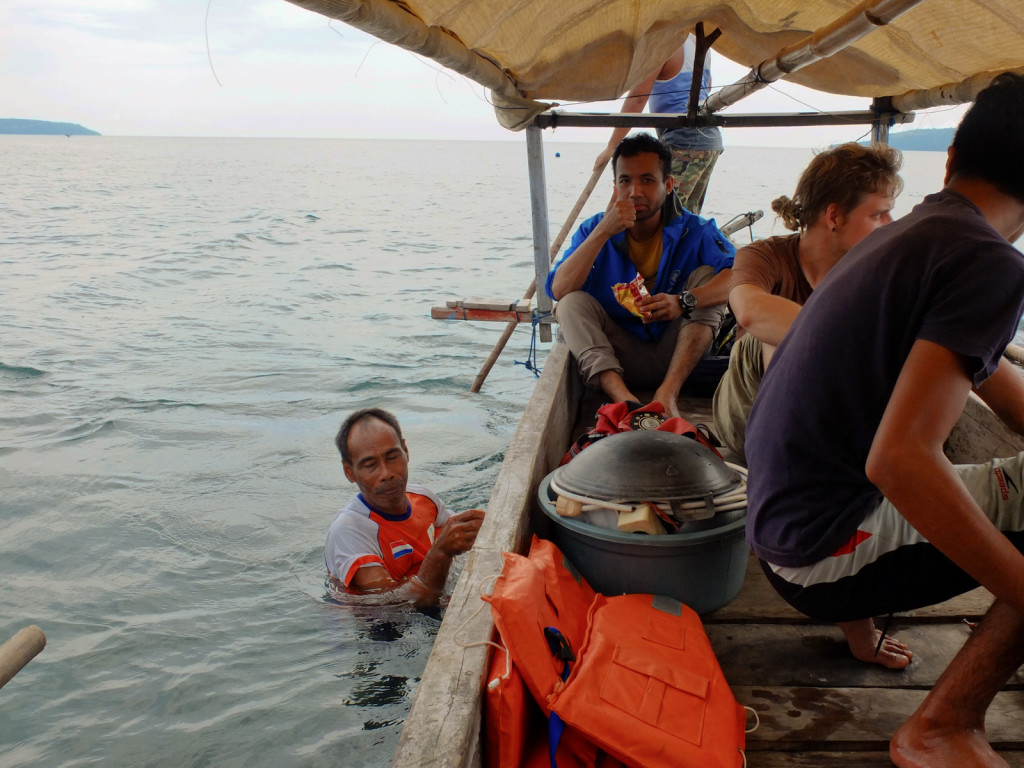
Getting to camp with Sumbawa Adventurous by an amazing snorkelling location (neither Bali, Java nor Thailand have such an underwater world!)
Stay tuned for the second part of our Indonesian adventures, while we’re focusing on some farming and meditation in northern Thailand 🙂

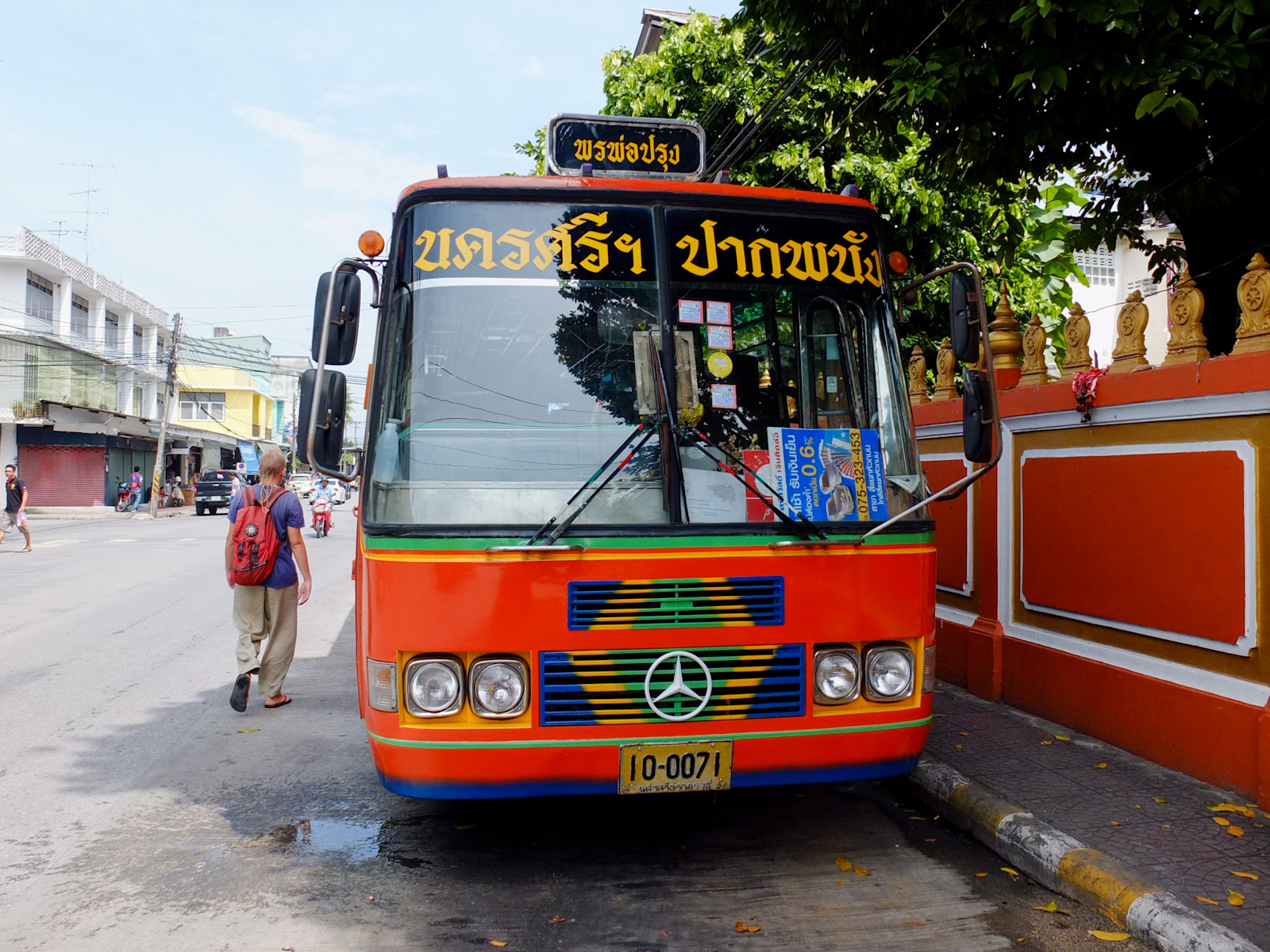
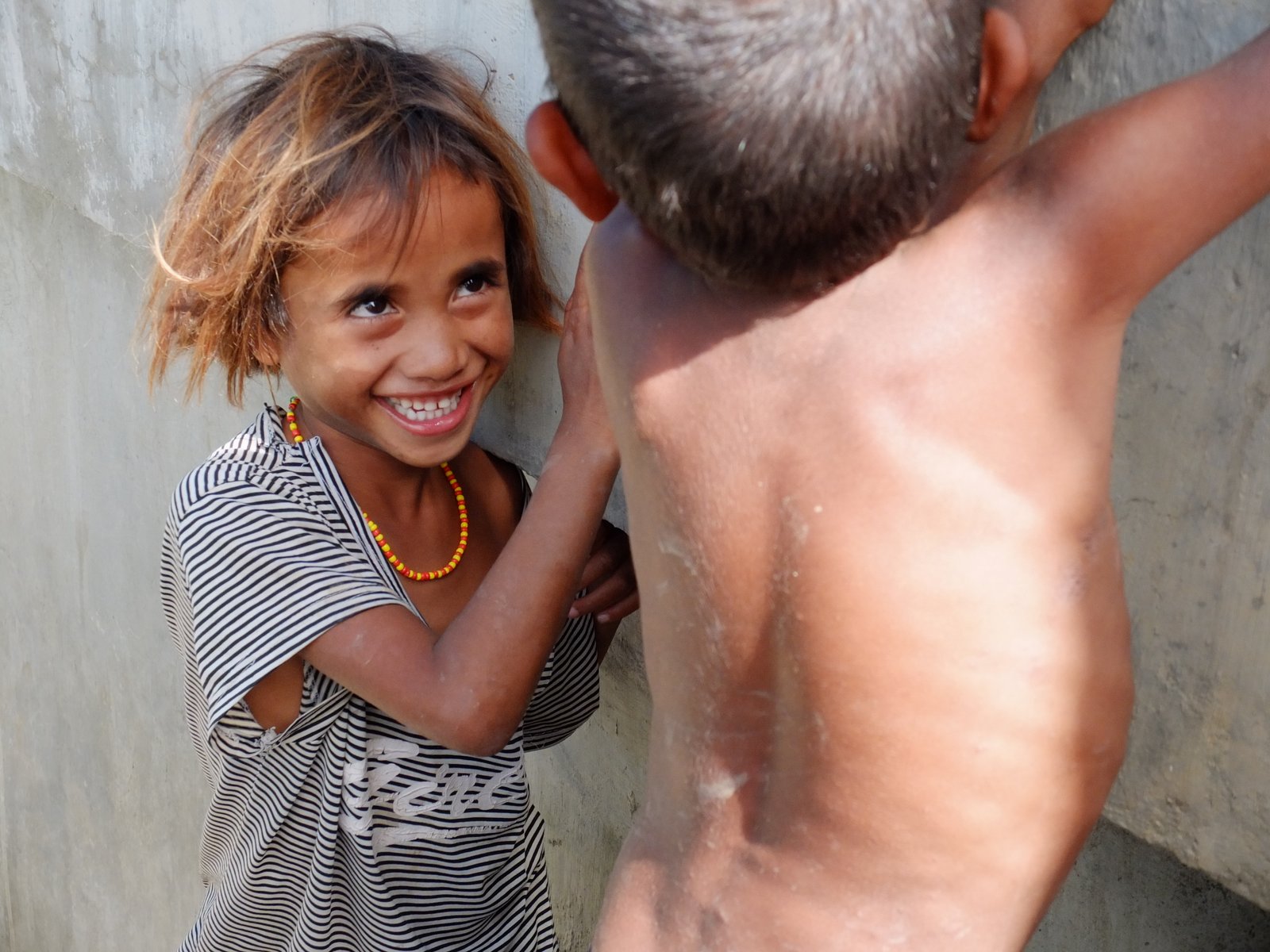
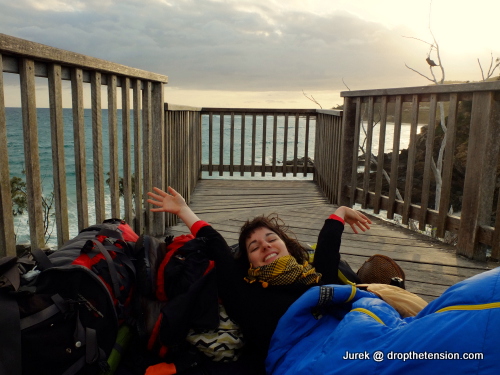
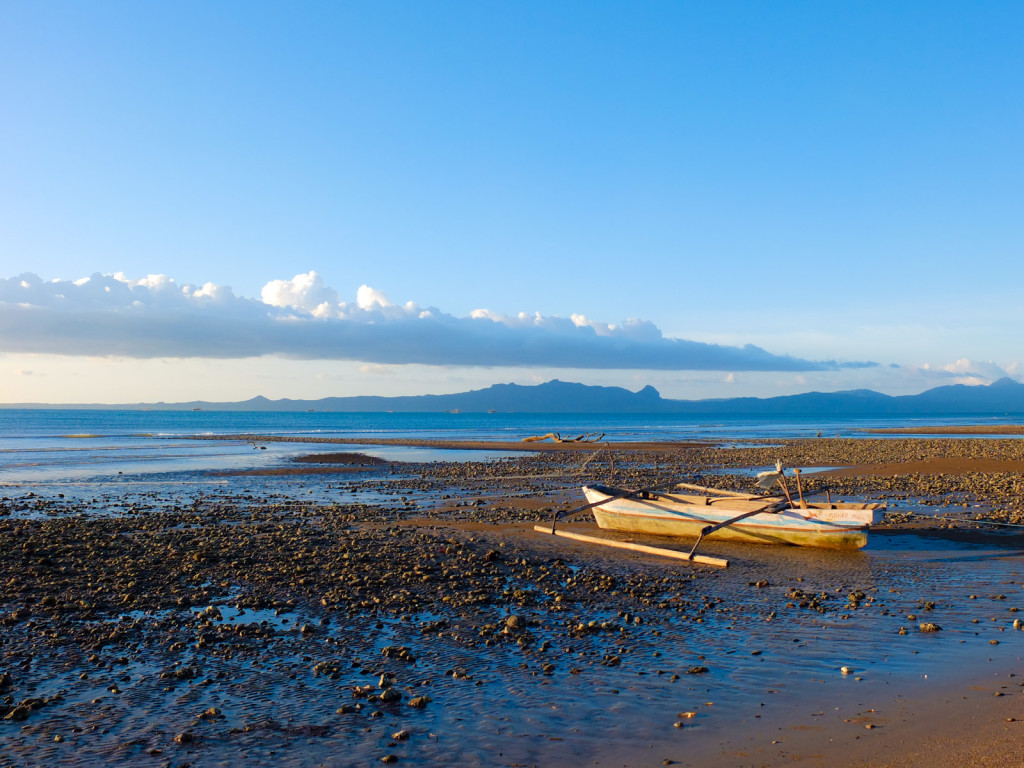

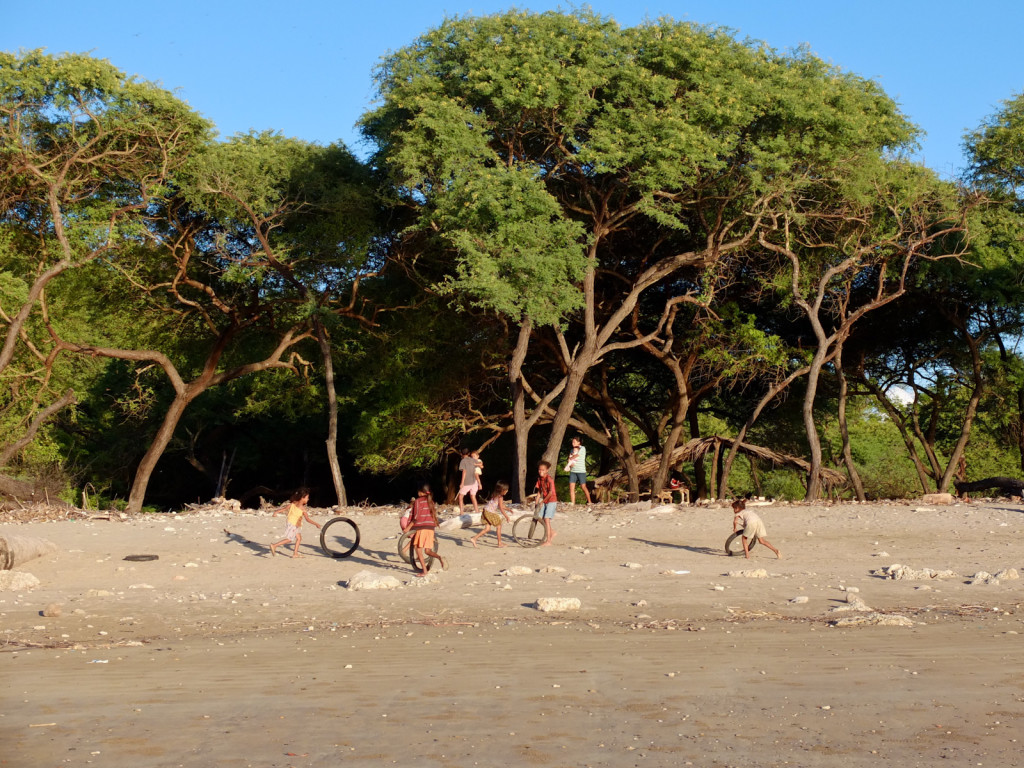
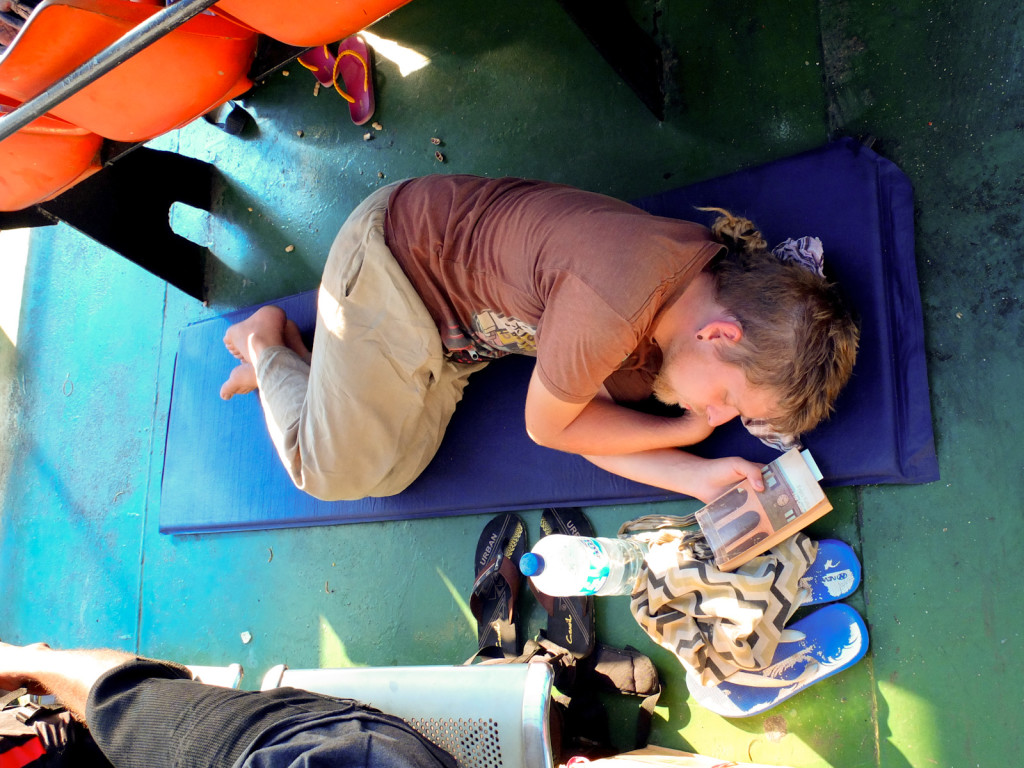
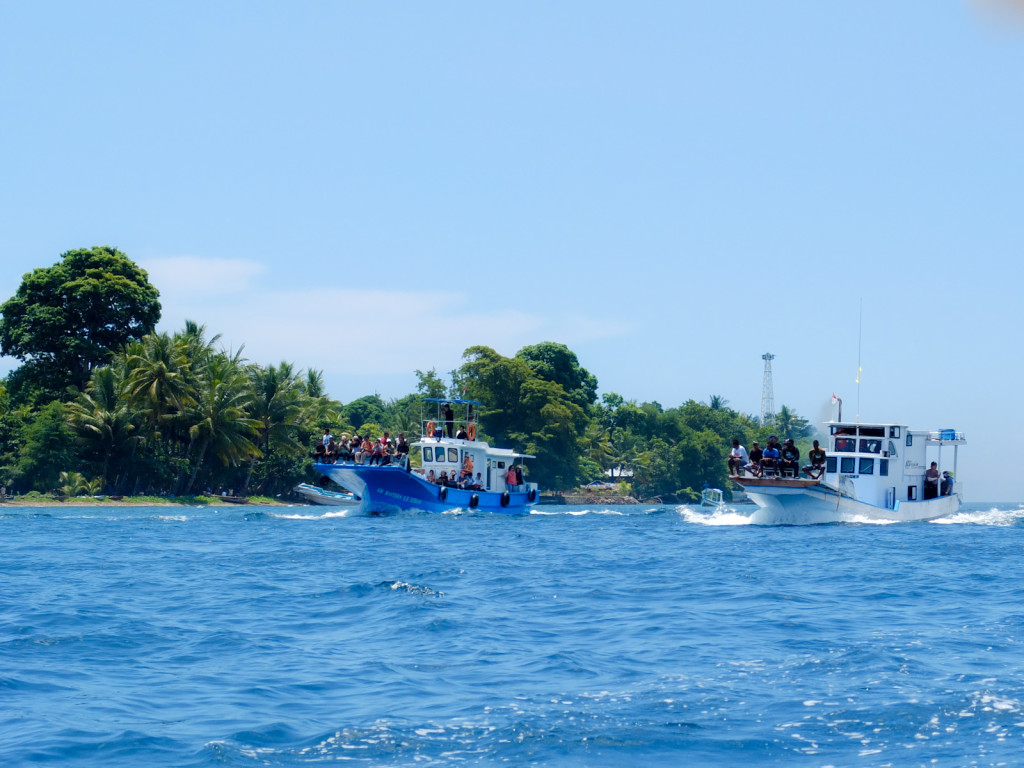
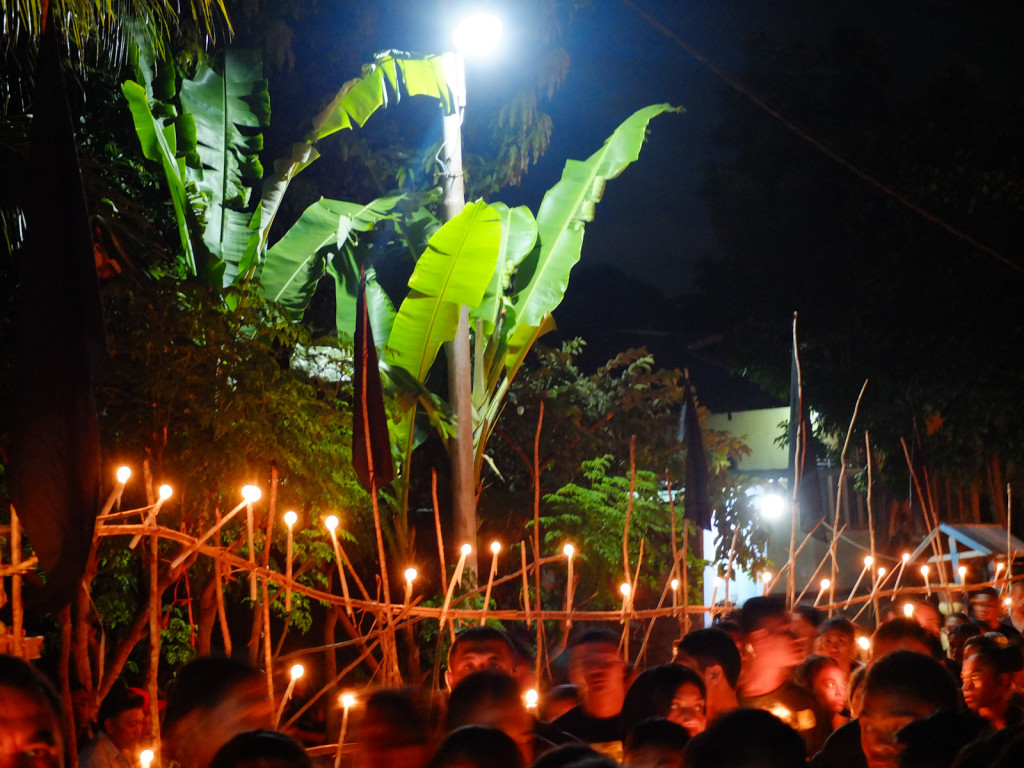
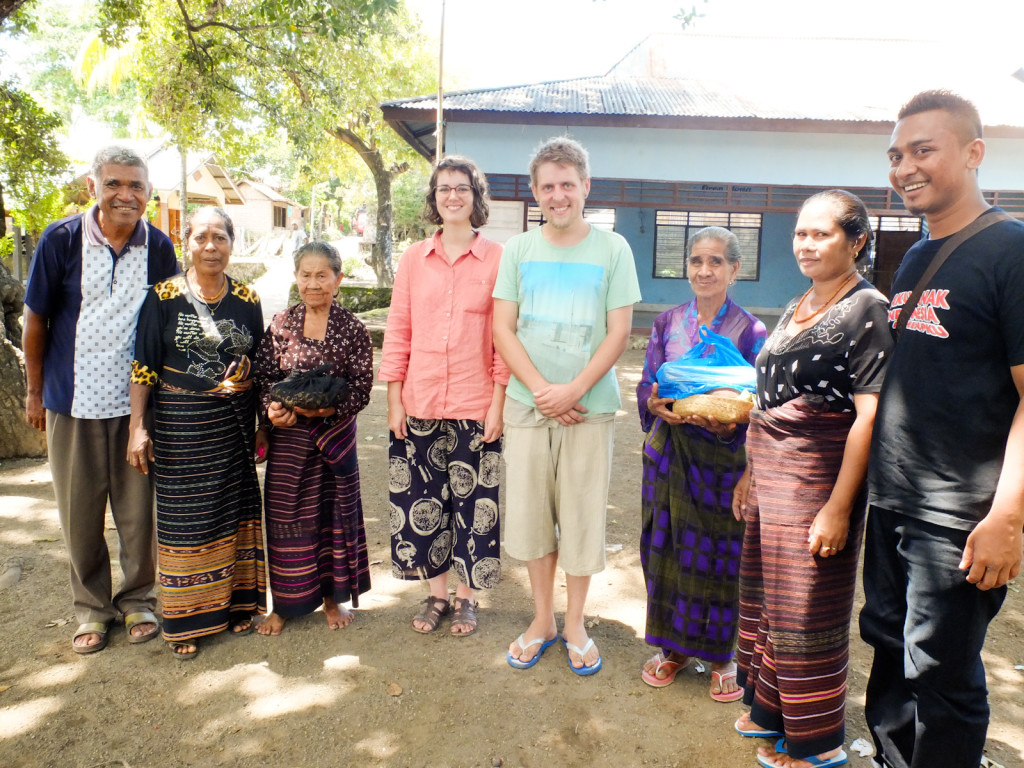
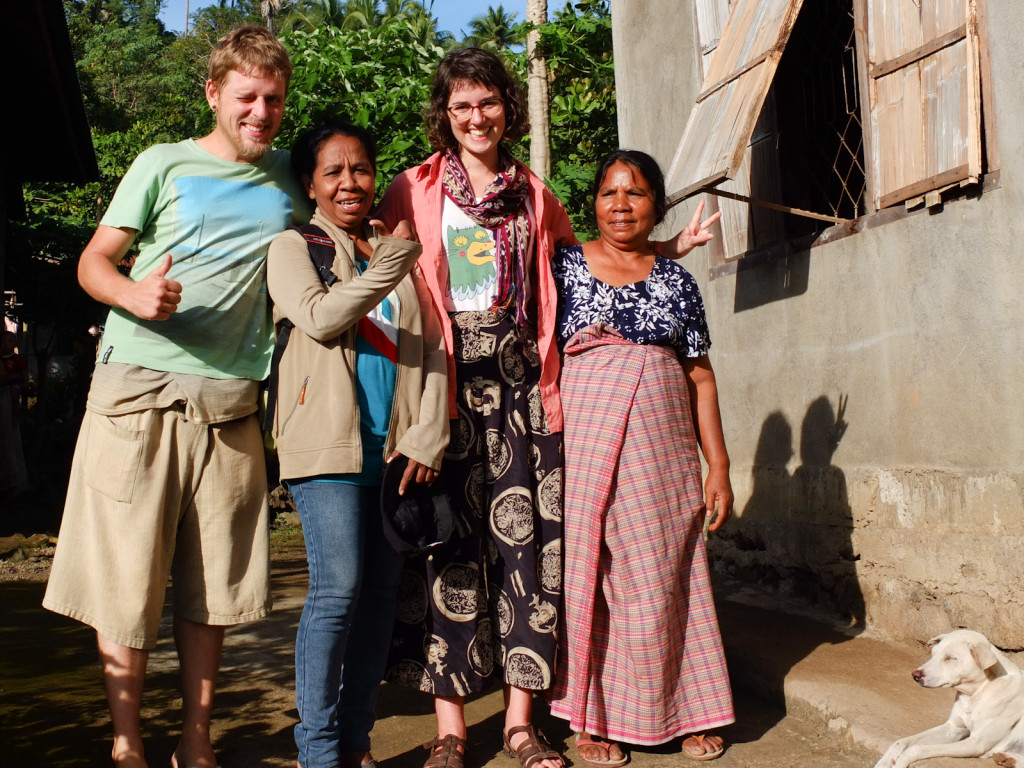
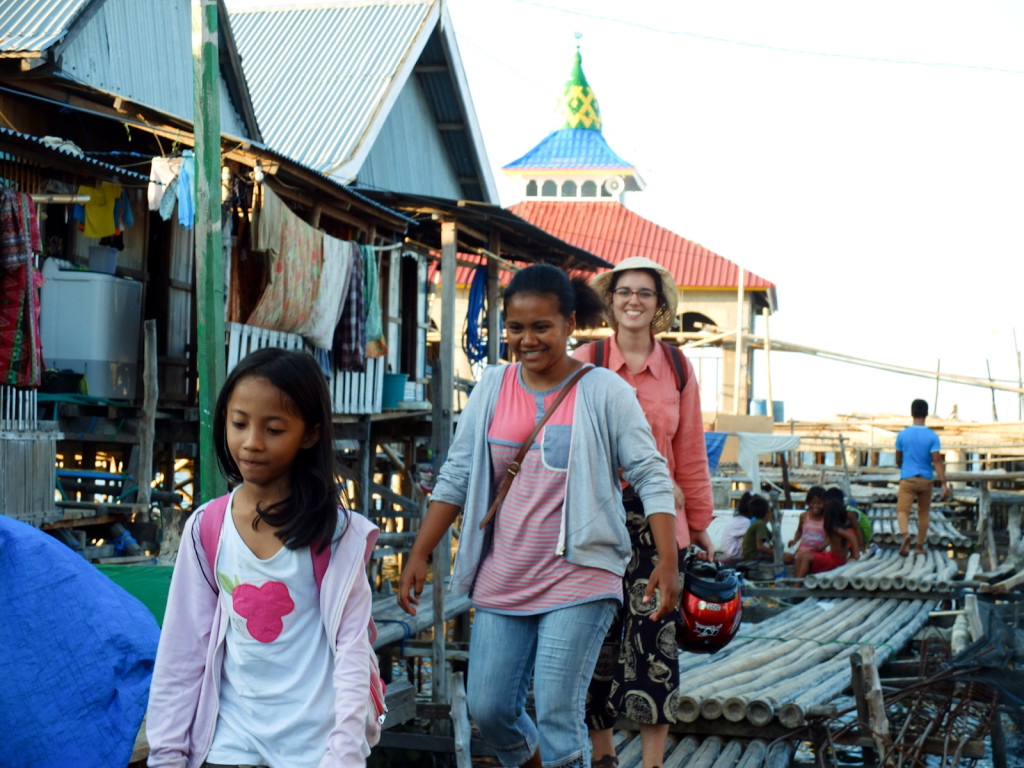
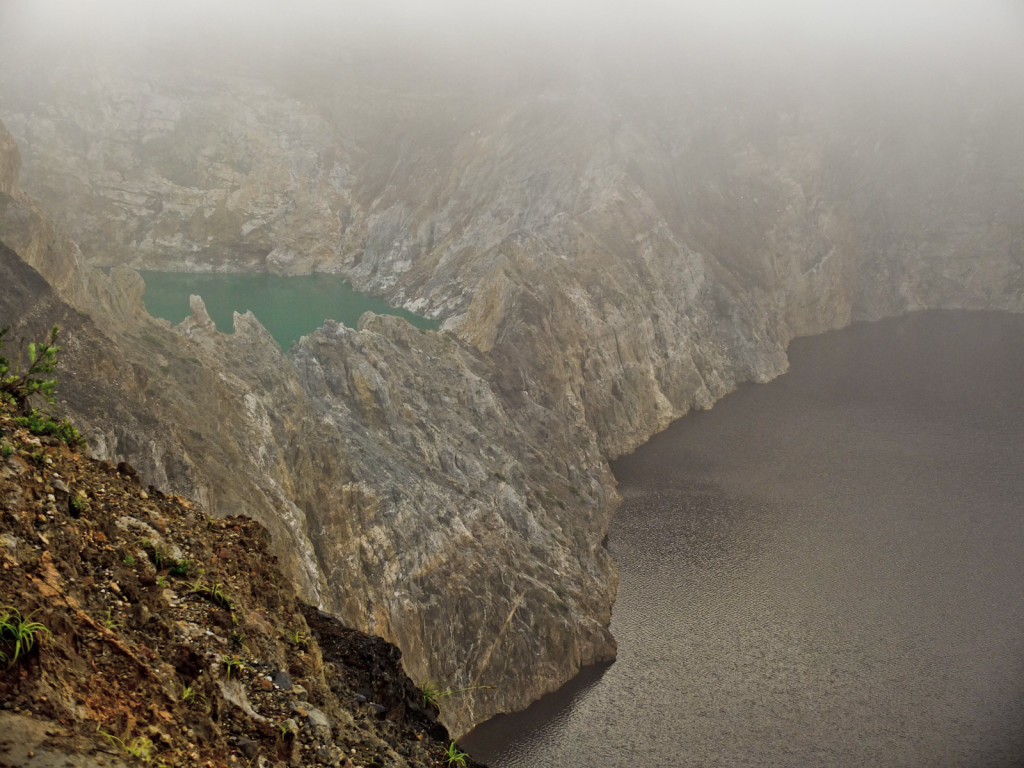

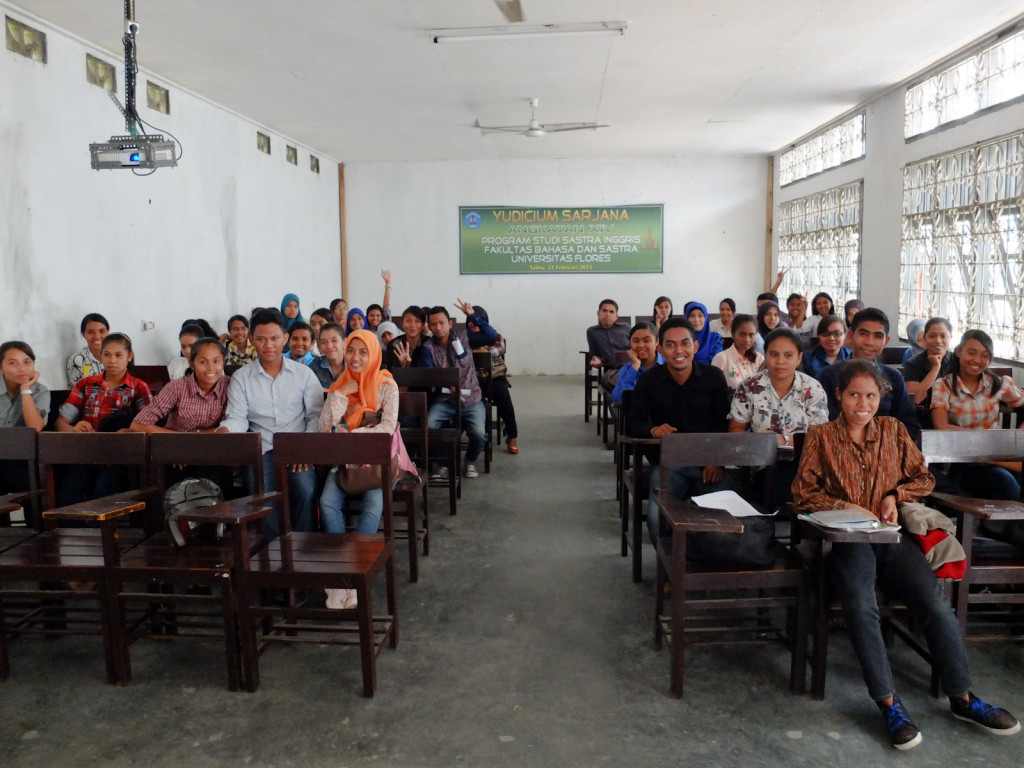
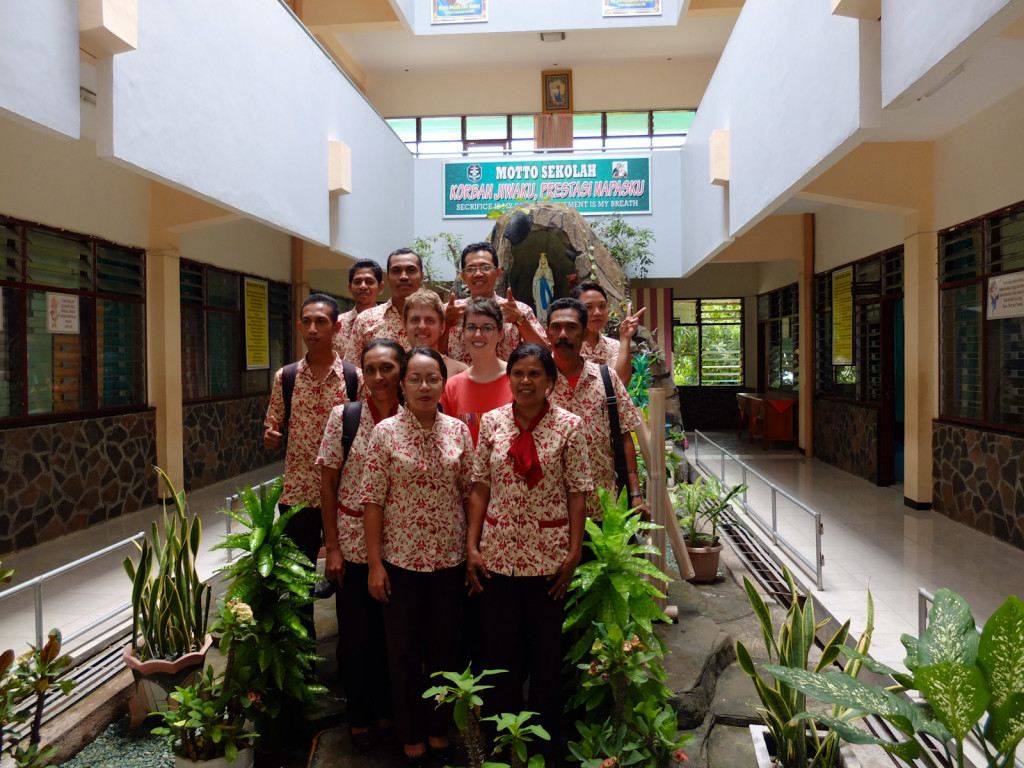
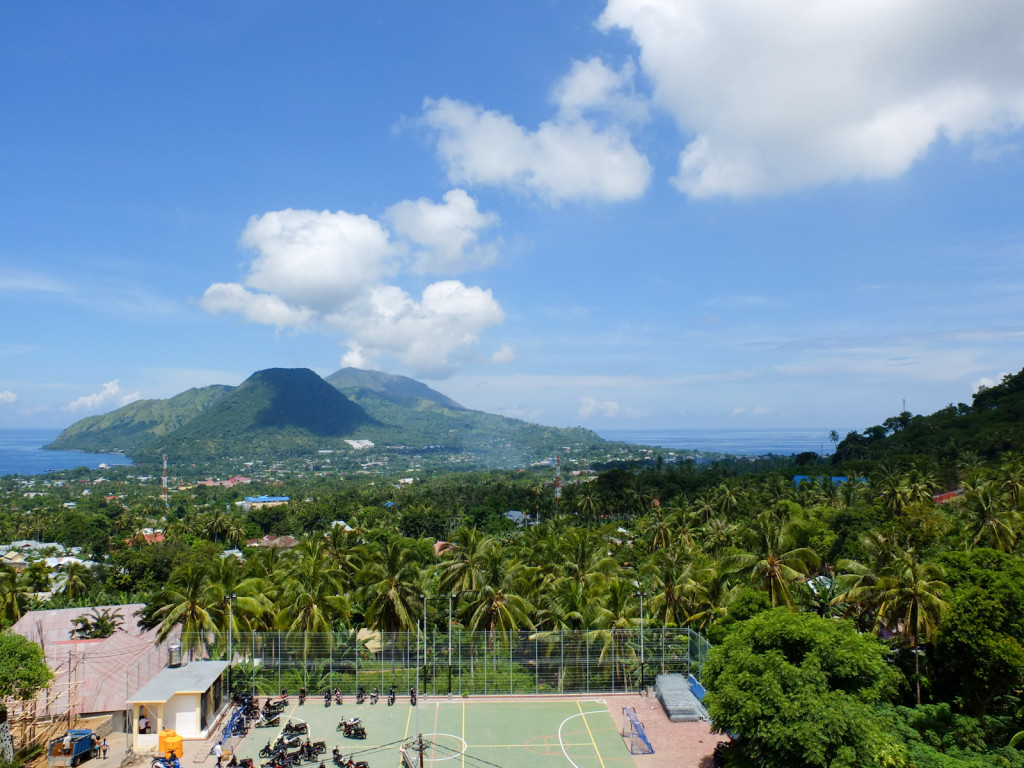
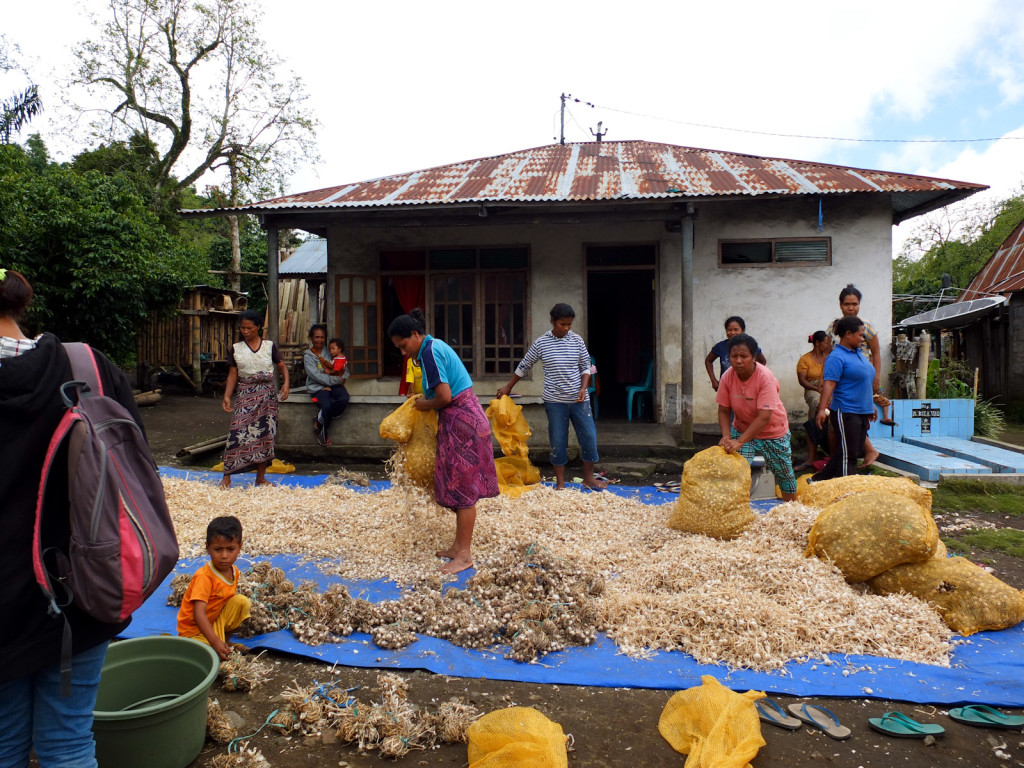
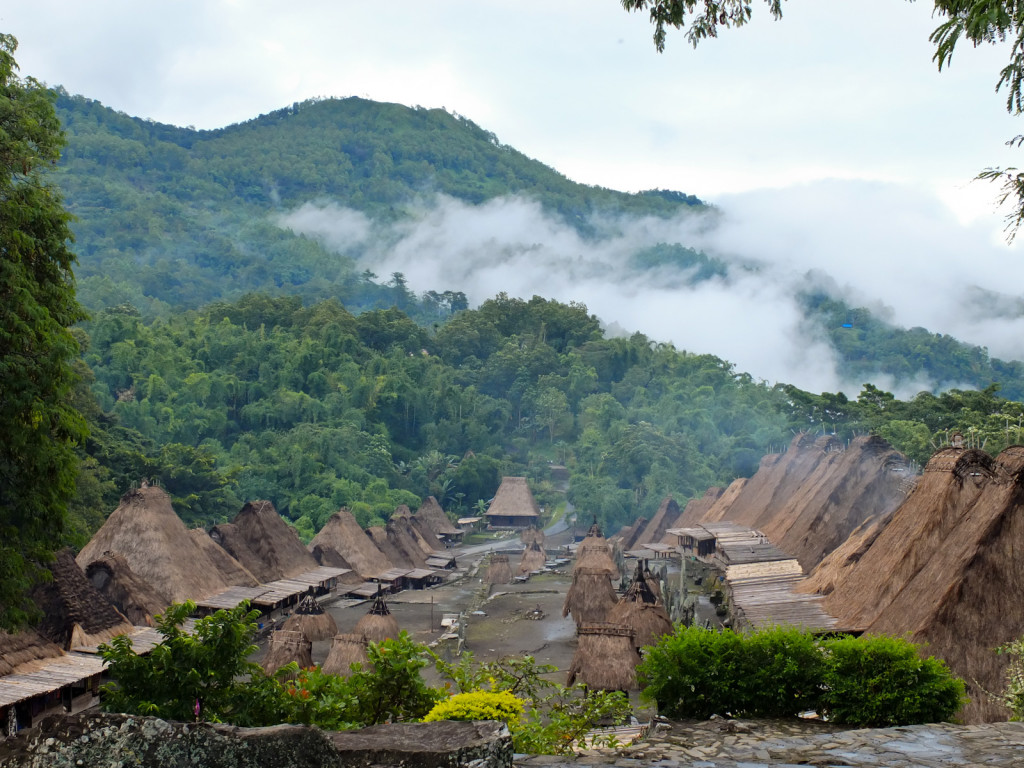
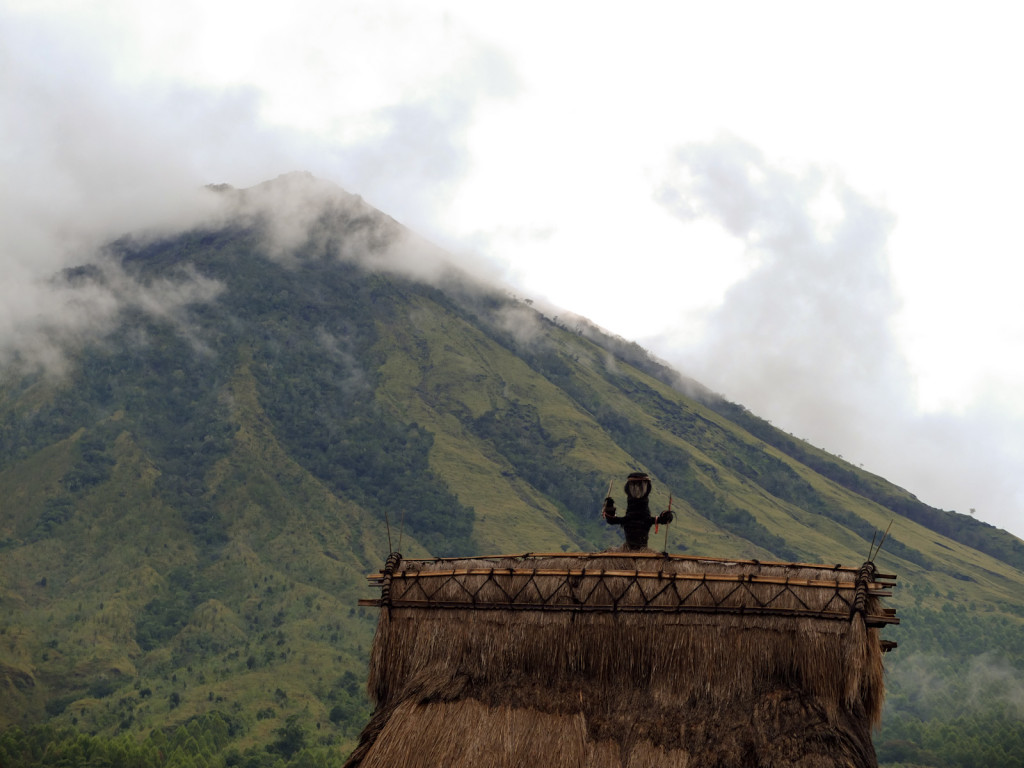
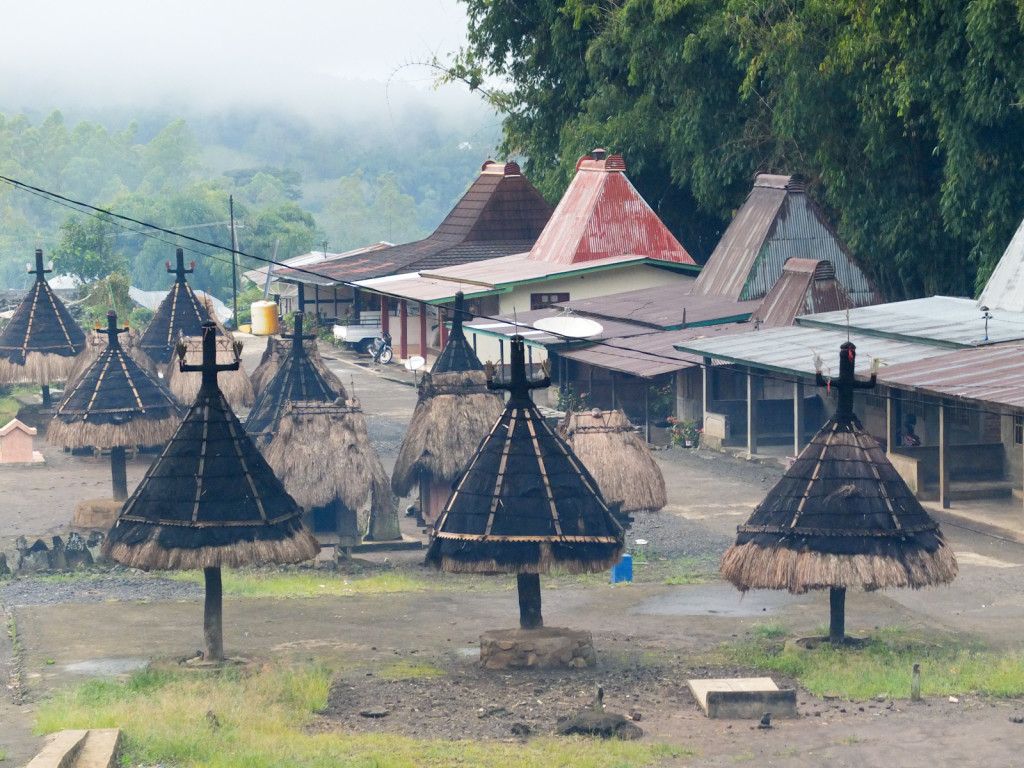
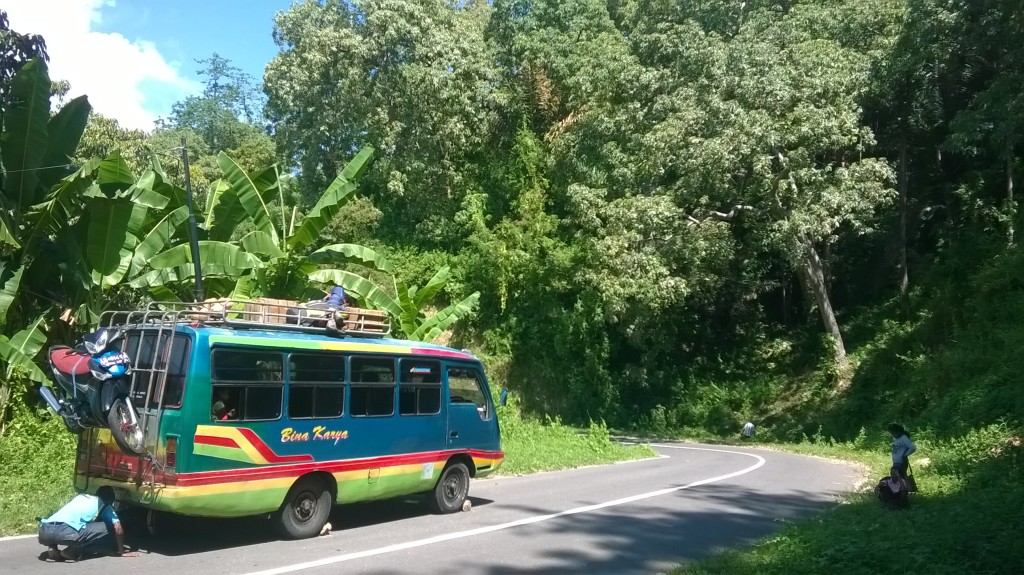
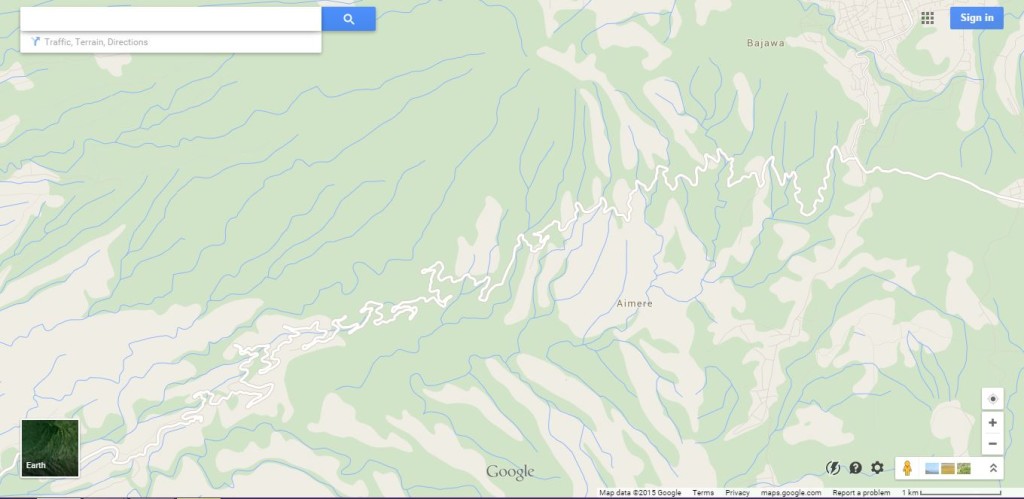
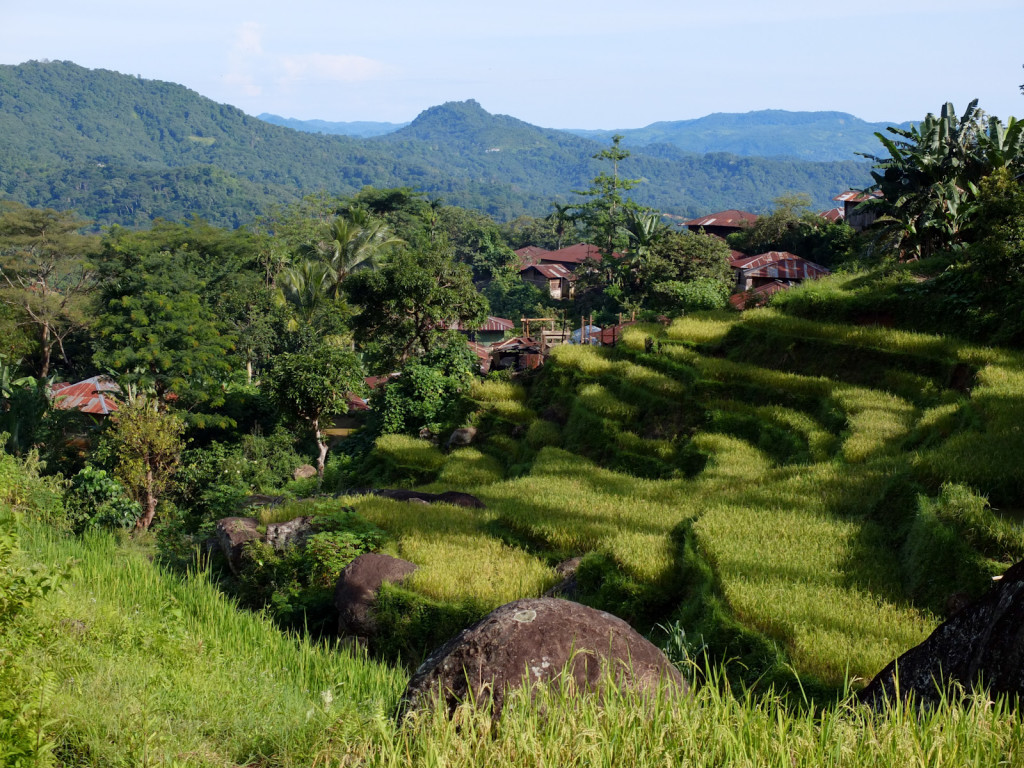
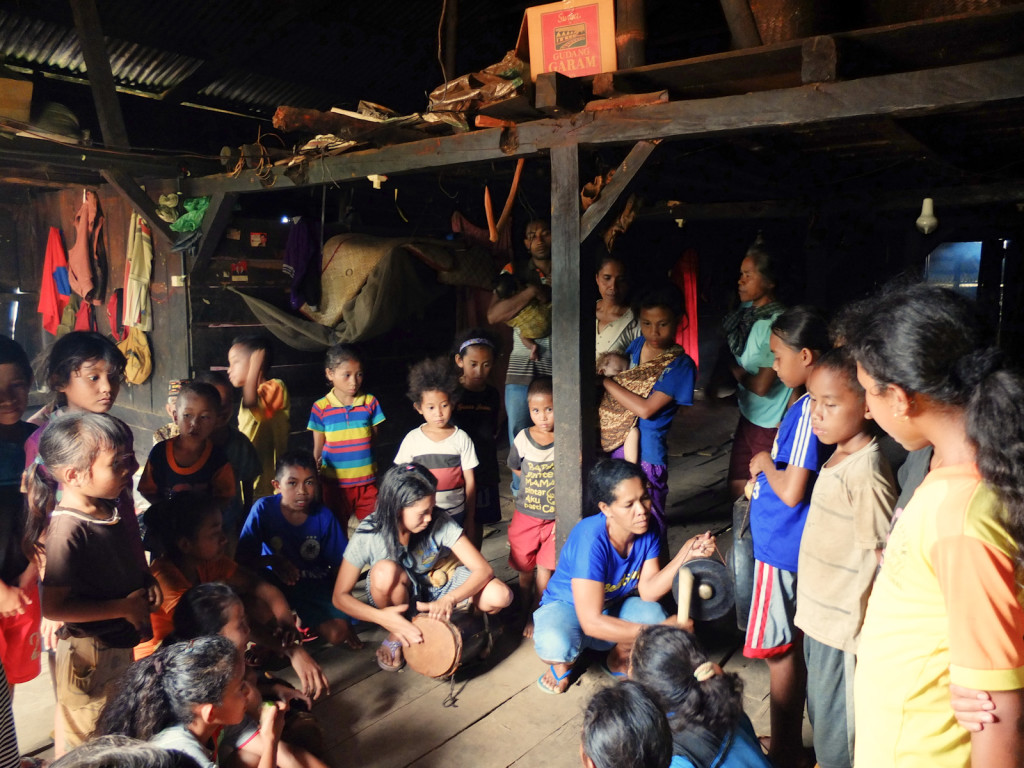
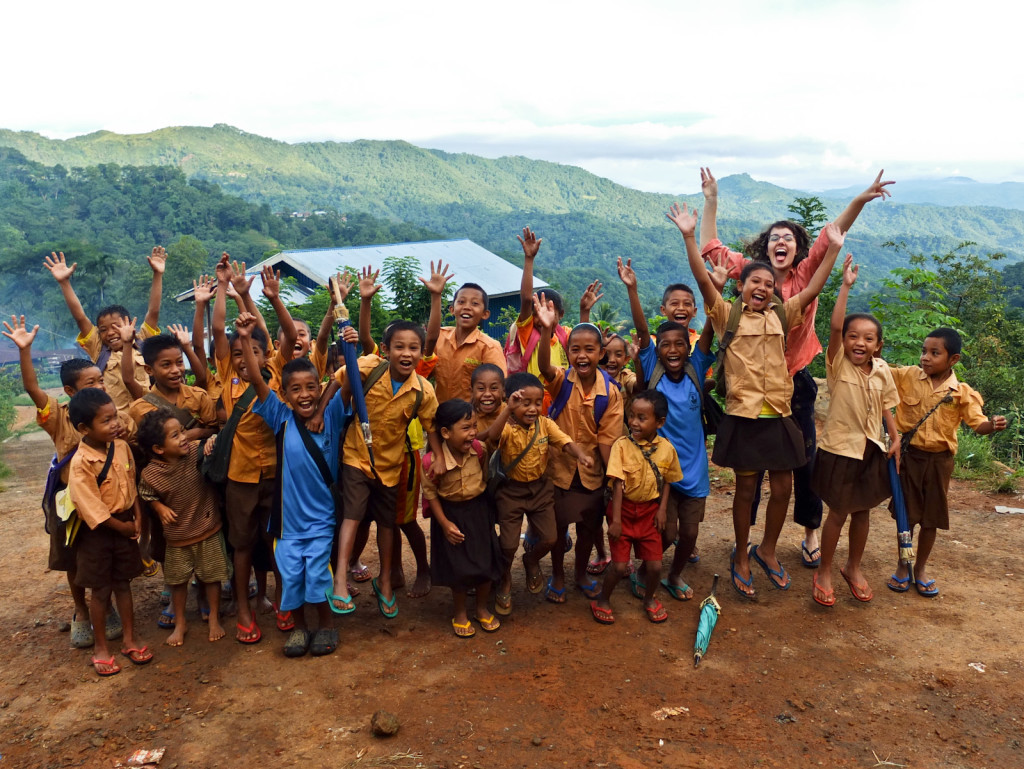
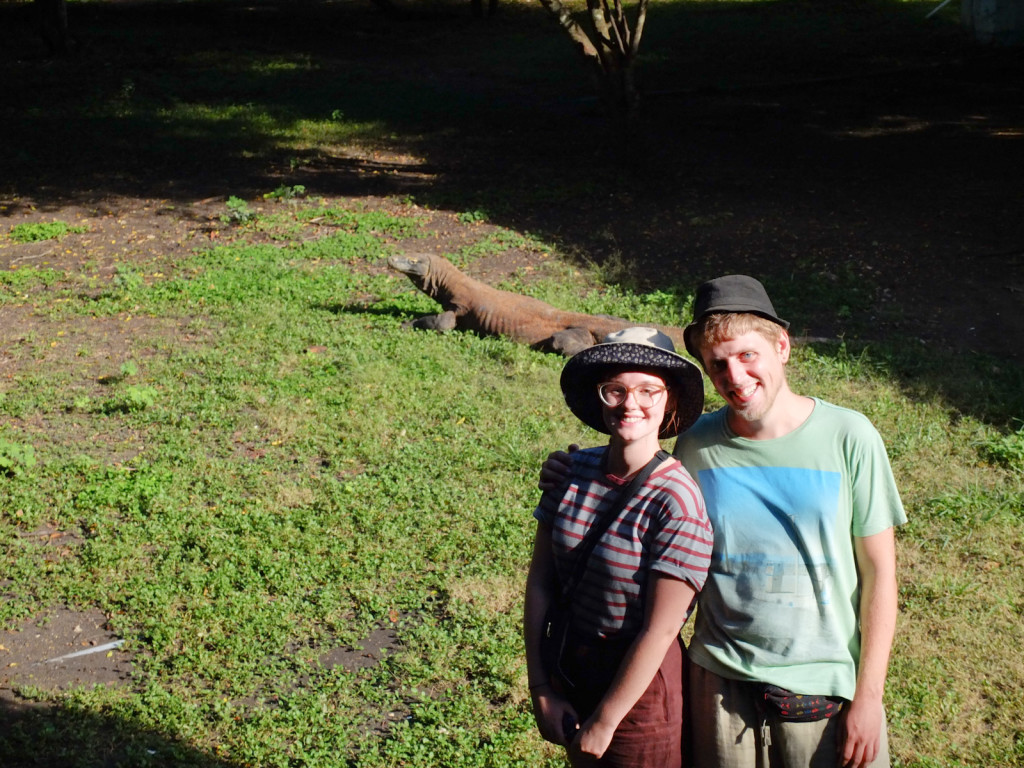
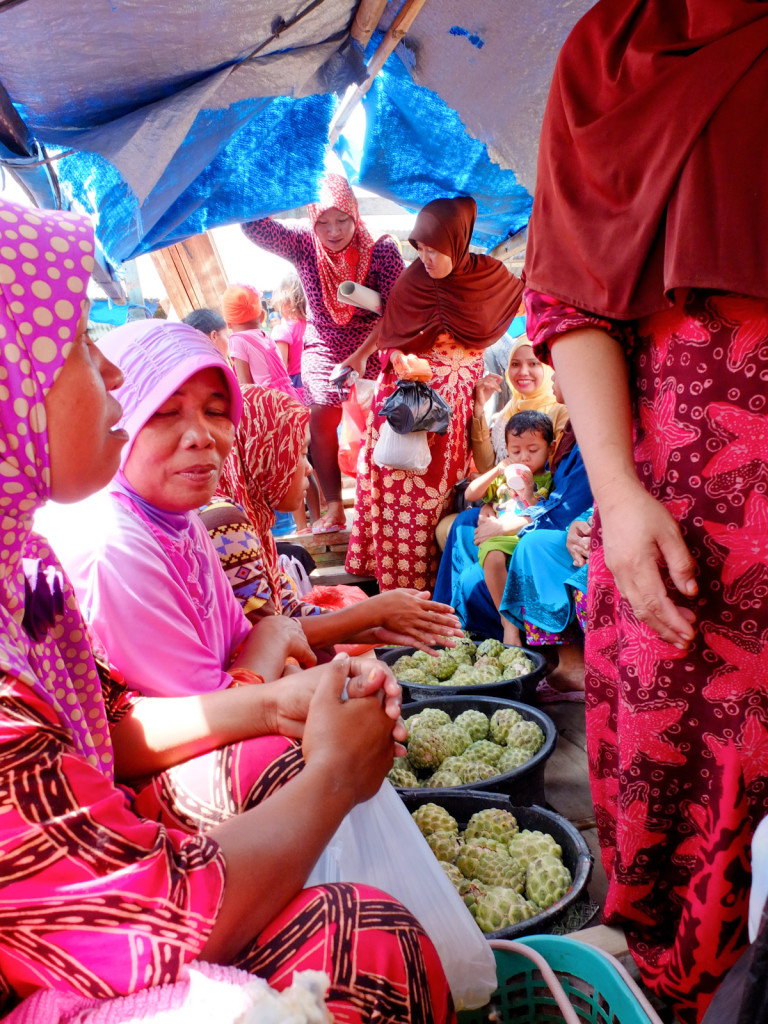
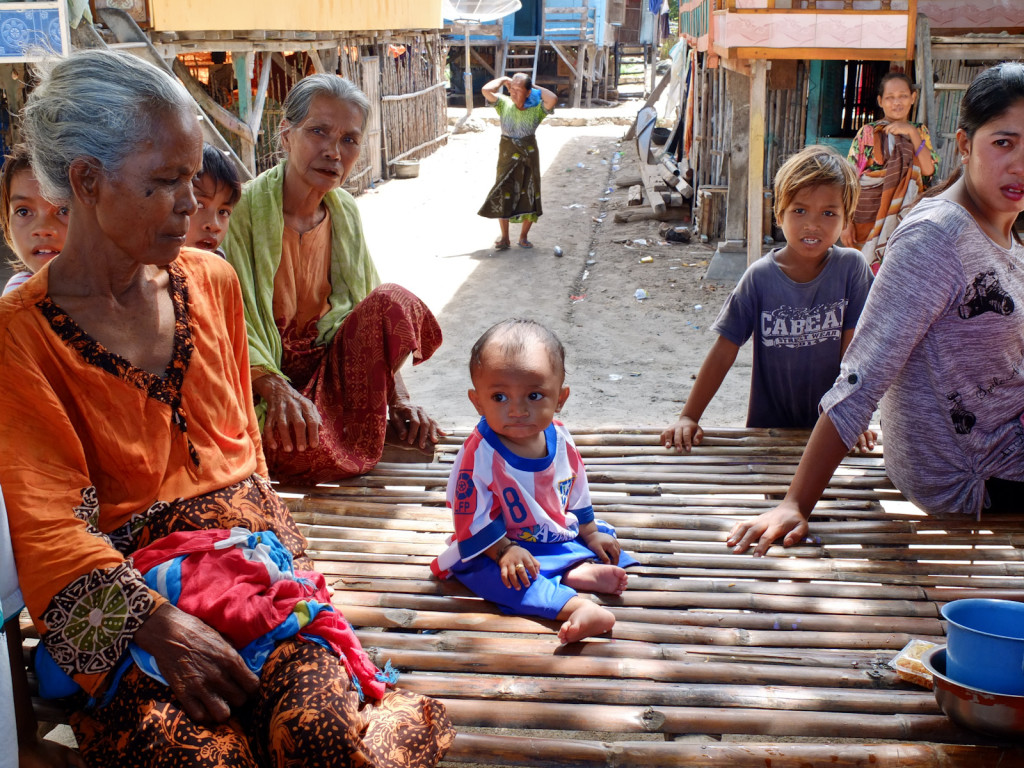
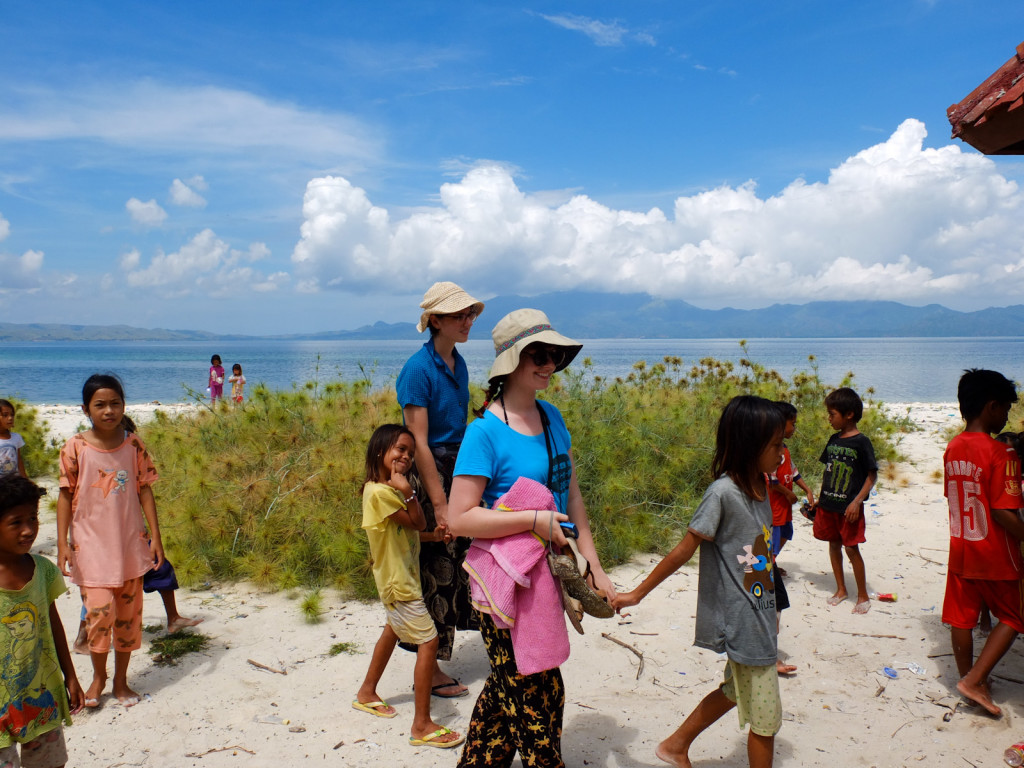
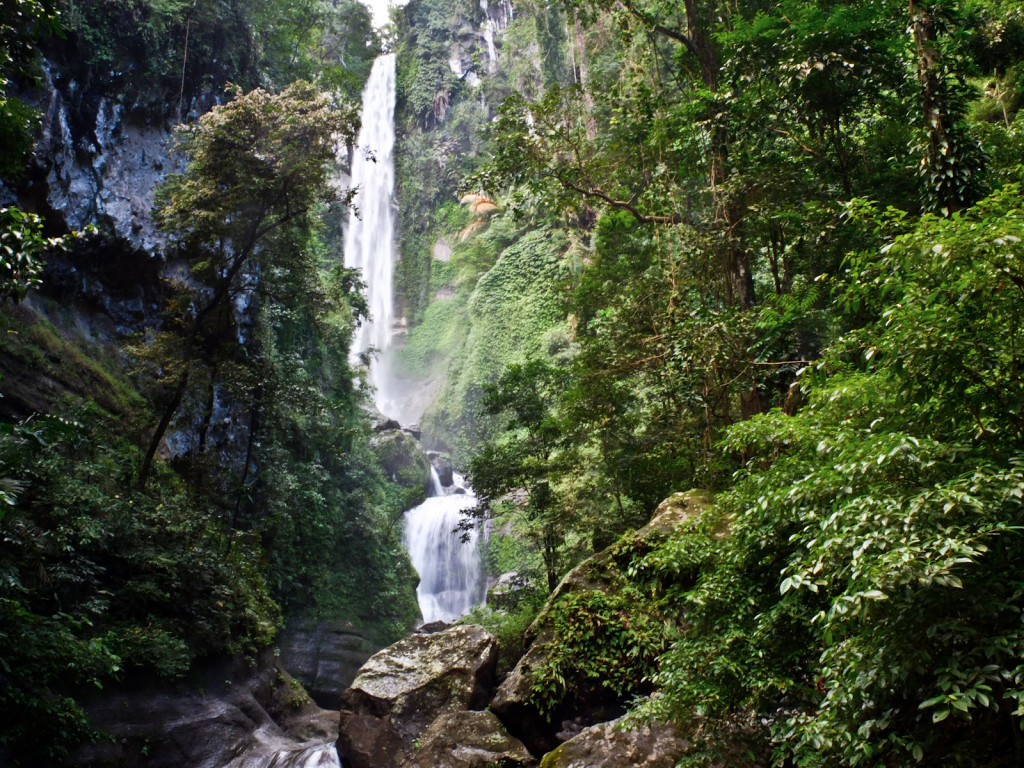
Pingback: Summing up Indonesia – part 2 • Drop the tension!
Pingback: Adventurous Sumbawa • Drop the tension!
Pingback: Freediving • Drop the tension!
Pingback: Lombok Backpackers • Drop the tension!
Pingback: Sabu Island • Drop the tension!
Pingback: Finding the 'real' Tibet • Drop the tension!